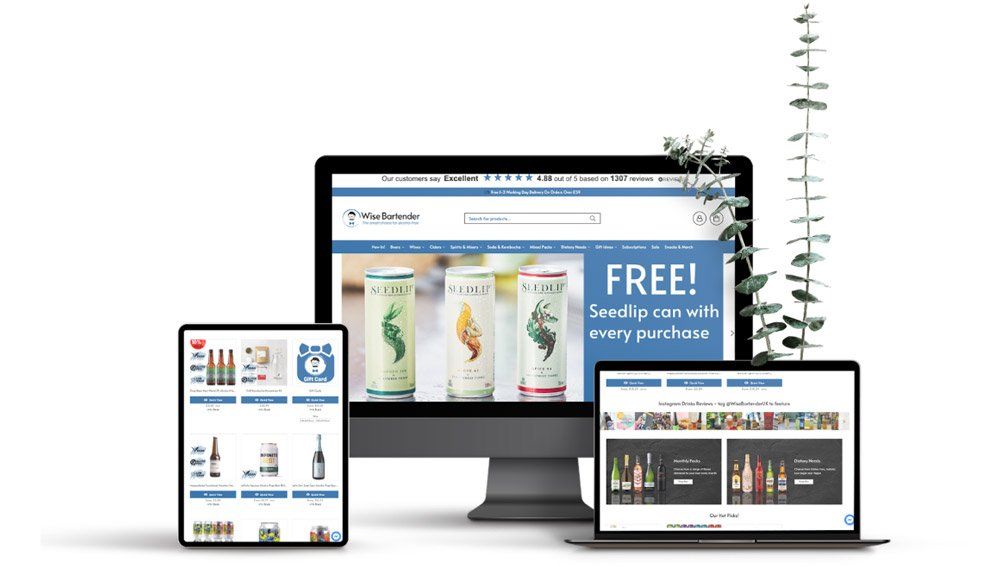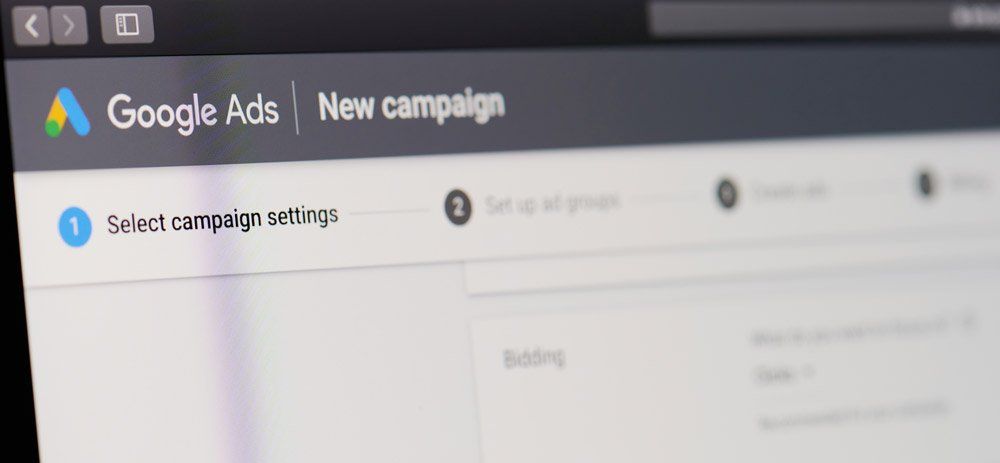Building a website: Your questions answered
Today, owning a business means understanding the world of online marketing. Whether you’re a well-established company or scaling a start-up, investing in your digital marketing is fundamental to success.
Creating a user-friendly website to showcase and accelerate your brand ensures you stay relevant in a fast-paced evolving market. However, the process involves more than just designing and building a web page.
To build a strong online presence requires a lot of thought, so here at
Infoserve we’ve put together some of your commonly asked questions to help you stay ahead of your competition when building a
new website.

Why do I need a website for my business?
If you’re a small business owner on the fence about creating a website please believe us when we say you need one. 97% of consumers go online to find and research local businesses, so a professionally designed website will not only help you differentiate your brand but will assist you in creating new leads and increase sales.
A great website also builds credibility and trust with your audience; it shows that you’re a professional.
Did you know?
94% of consumer’s first impressions are web design related…
Astonishingly, we only have
seven
seconds to capture a visitor's attention, meaning it’s imperative to make sure your website has eye-catching design and clear and concise information that is readily available.
Who is hosting my website?
If you already have a website, you’ll need to know who is hosting it, to find this out you need to…
- Go to lookup.icann.org.
- Search field, enter your domain name and click Lookup.
- On the results page, scroll down to Registrar Information. The registrar is usually your domain host.
Does my website need a privacy policy?
You must post a Privacy Policy on your website. Your Privacy Policy must provide notice of the cookies that are used to collect data. You must disclose the use of Google Analytics, and how it collects and processes data.
This could be in the form of a pop-up as you enter your website.
How fast is my website?
Fast speed results in a better user experience. A user typically stays on a site longer if the site speed is faster, fast speed also has better conversion rates and bounce less.
To test your website speed simply place your URL in a
page speed checker.
Did you know?
85% of consumers get the feel of a website before making a purchase decision…
How many backlinks should my website have?
Backlinks, sometimes known as ‘inbound links’, ‘incoming links’ or ‘one way links’ are links from one website to a page on another website. Google considers backlinks like ‘votes; for a specific page.
- A ranking of 60 to 100 is fantastic.
- A ranking, 40 to 50 is okay.
- A ranking below 40 isn't great.
If you want to build high-quality backlinks, then start by building links from high domain authority websites that are also
relevant to your niche and trusted by searchers. Linking to irrelevant sites to create a backlink won’t work.
Need help creating backlinks? Contact us today at
Infoserve!
How do I make my website secure?
There are several layers involved when ensuring your site is secure, that’s why it’s always important to use a professional, experienced web designer. However, here are a few essential pointers to help you out:
- Install SSL (A simple Secure Sockets Layer certificate).
- Use anti-malware software to scan for and prevent attacks.
- Make your passwords STRONG – 1234? Think again!
- Keep your website up to date.
- Don’t offer a helping hand to hackers – look out for phishing emails and other scams.
- Run regular backups to prepare for the worst case scenario.

How does SEO work?
Search engines such as Google and Bing use ‘crawlers’ (sometimes called bots or spiders) to gather information about the content you post.
This crawler starts from a known webpage
(mostly the homepage) and follows internal and external links. The structure, context and links help the crawler understand what the pages are about and figure out how they are semantically connected to the rest of your pages within the search engine’s database
(their index).
When a user speaks or types a query into a search engine, it uses algorithms to push what it thinks is the most accurate and useful information to the top of the search.
Do I need SEO for my website?
Yes, if you want to show up amongst your competition then SEO is essential to boost your credibility, earn more traffic, and improve your online visibility.
How can I improve my website SEO?
There are several technicalities involved in improving your website’s SEO but here are a few quick wins to get you started:
- Publish relevant, authoritative content.
- Update your content regularly.
- Add metadata to each page (ensuring every page is different).
- Ensure you have a well designed link-worthy site.
- Use alt tags (alternative text for an image eg. HTML).
Our SEO agency team based in Leeds, has the experience, data and insights to get your business found organically on search engines. Take a look at what's included each month with our comprehensive
search engine optimisation service and let us do the hard work for you.
For further advice read our
SEO Blog covering everything you need to know.
What is SEO content?
SEO refers to search engine optimisation, or the process of optimising a website so that people can easily find it via search engines like Google.
By content, we mean any information that lives on the web and can be consumed on the web.
To create SEO content you need:
- Keyword research - Write about relevant topics (or find keyword niches) that people are already searching for information about using a programme such as SE Ranking.
- Keyword optimisation - Know where and how to use keywords in your content for maximum searchability - is this blog for or on-site text?
- Content organisation - The content on your site should be organised and displayed in a way Google, and your readers, can digest easily with headings, bullet points and numbers.
- Content promotion - Increase visibility to new content you create by sharing it on social networks and building links to your content (both internally and from external sites).

What is PPC?
PPC stands for pay-per-click, a form of digital marketing in which advertisers pay a fee each time one of their ads is clicked.
Search engine advertising is one of the most popular forms of PPC. Advertisers can bid for an ad placement in a search engine’s sponsored links when someone searches a particular keyword that is related to their business offering.
Did you know? We are Yorkshire's only
Google Premier Partner and
Microsoft Elite Partner. The highest level of partnership, earned by high-performance
PPC Campaign Management.
Which is better: SEO or PPC?
SEO is best for long term solutions - it can take a long time to see results but is effective for more permanent results.
PPC is best for quickly increasing search traffic - it's great for time-sensitive events, or for businesses where customers are in a sense of urgency.
What are the best keywords for my website?
To find the best keywords for your website you need to:
- Think like a customer - What would they be searching to find your products?
- Study the competition - What keywords are they using?
- Understand the long tail and short tail variations - They are both important.
- Use keyword research tools - SE Ranking is a great tool for discovering what customers are searching.
How do I check my website rankings?
You can check your website ranking using Google Analytics.
- Sign in to your Analytics account.
- Navigate to a view in the property to which you added the tag. If you only recently added the tag to this property (website), it is likely that there will only be one view.
- Open Reports.
- Select Real-Time > Overview.
How can I promote my website?
- Prioritise your SEO as Google is the main way people find most of the websites they visit.
- Use social media to share your website.
- Create high-value content (relevant blogs in your niche).
- Join and participate in online communities and forums in your area.
- Connect with influencers.
- Become a source of information relevant to your product.
Starting or maintaining the running of a successful business means upholding a certain standard of professionalism. It’s vital your online presence adds to your businesses credibility and showcases the correct level of sophistication.
Customers like to be informed, they want to know where and how they are getting their products and services from, whether that’s from the comfort of their own home or out on the move in the local area.
If you don’t have an online presence or your website is poorly designed you will be losing potential business.
Don’t know where to start?
Here at
Infoserve, our
web design experts are on hand to help you create and build a unique, functional and responsive website, and our
PPC and
SEO team are help your website get found.
Call us today
0800 089 0879













